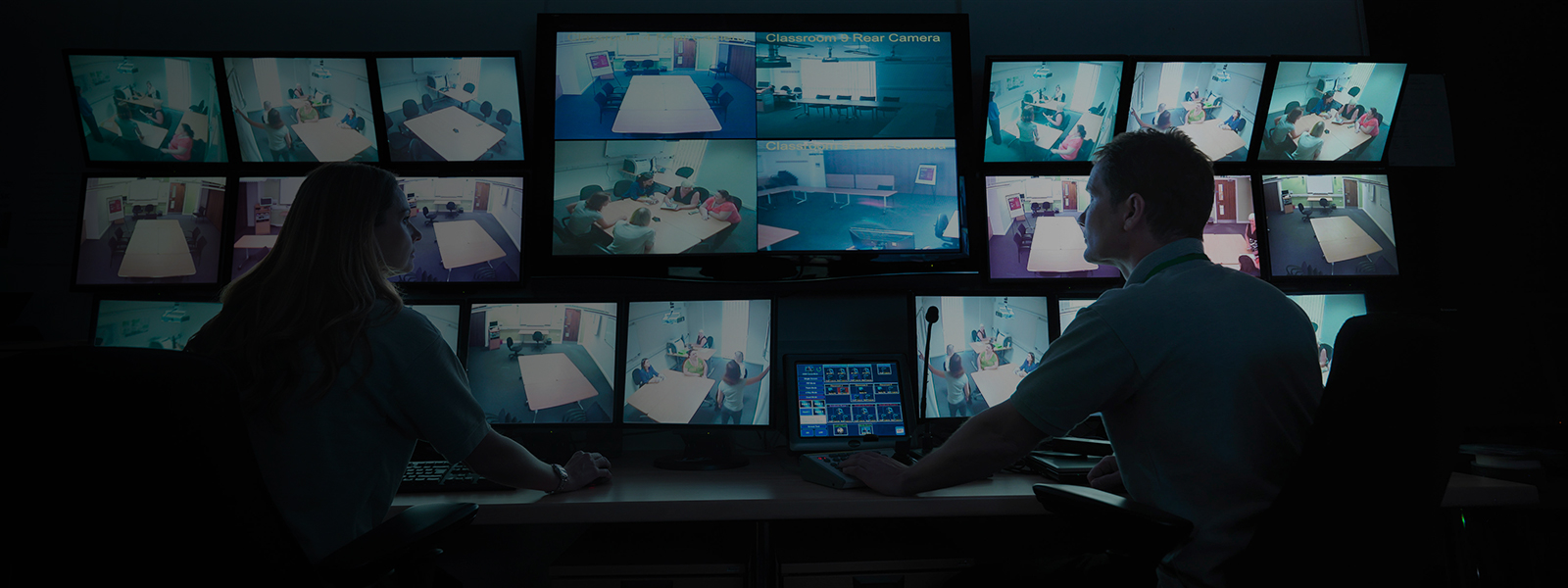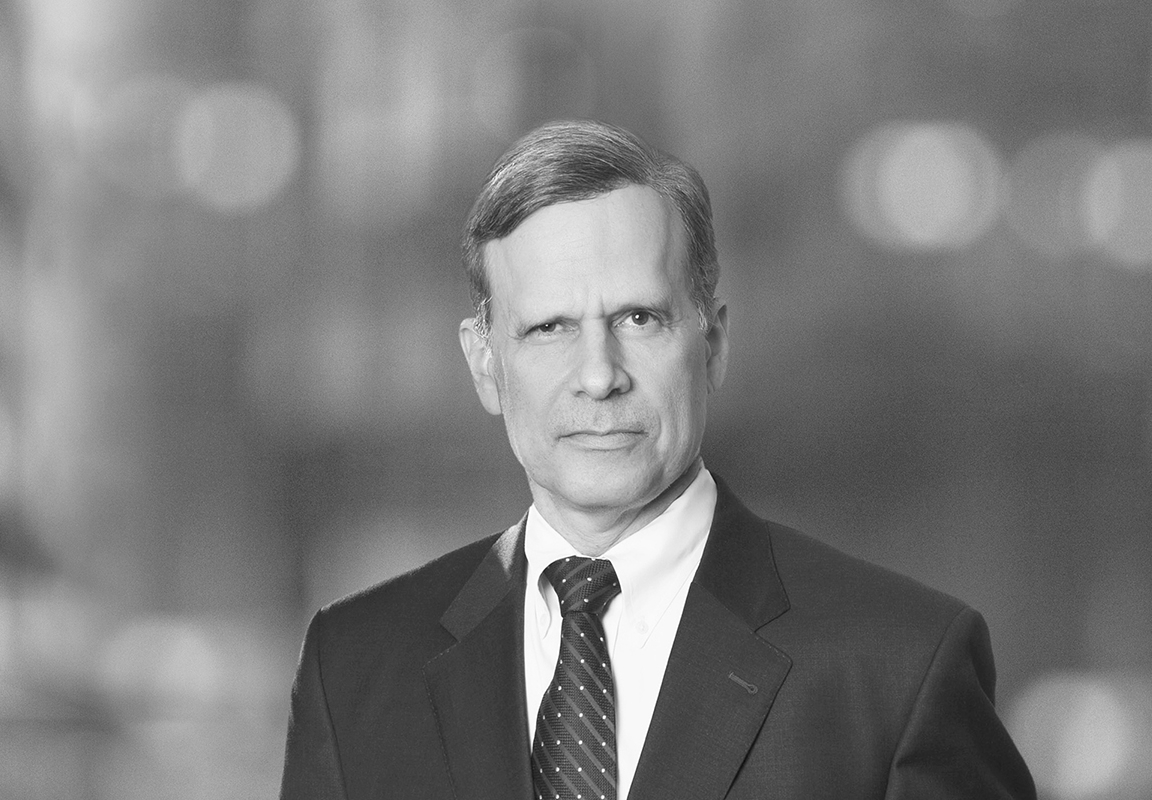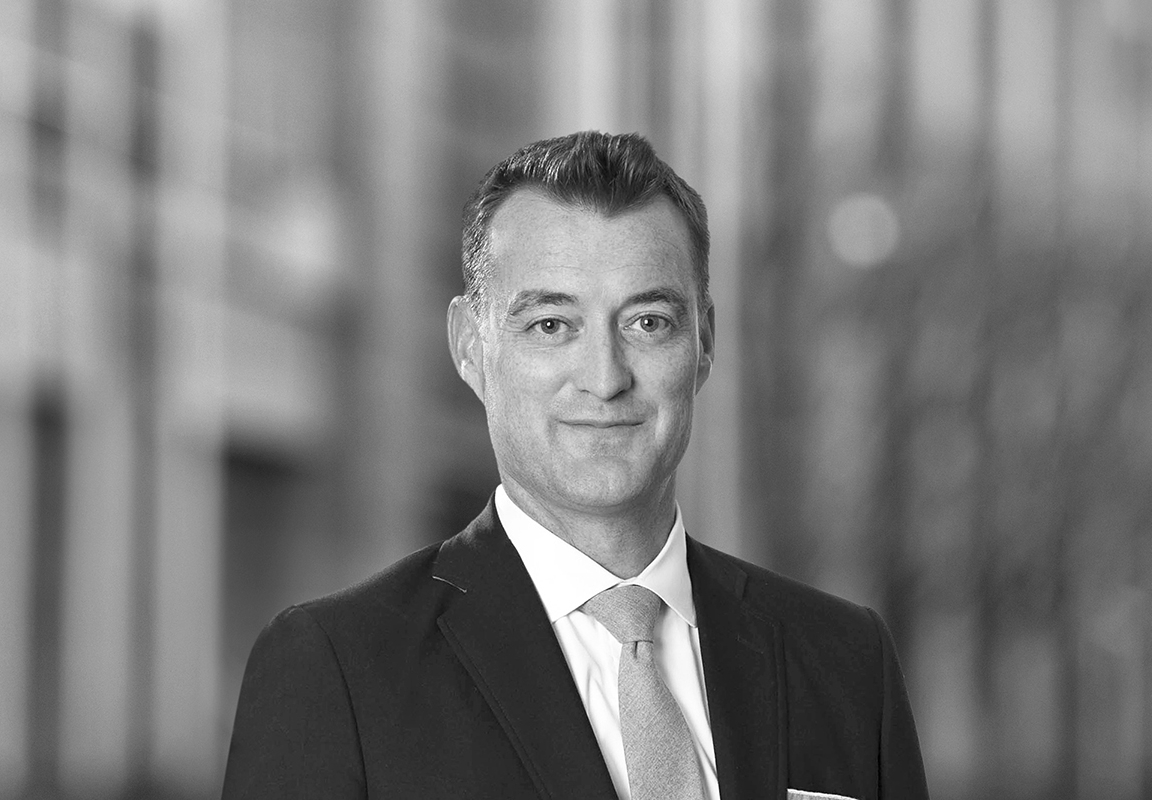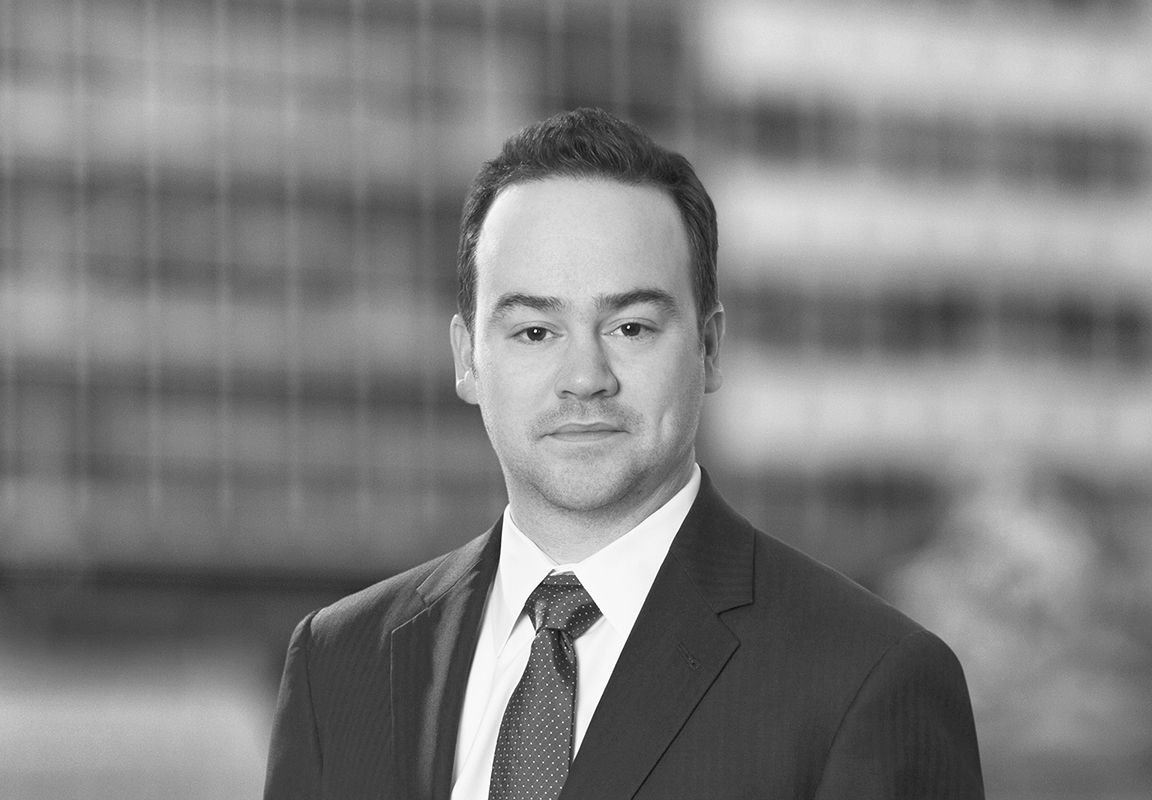Justice through different lenses
Cameras can improve justice, but it is necessary to be vigilant for misuse
3 min read
This case is about protecting defendants and their rights. ...It's part of a bigger conversation about how we treat the accused and how justice is provided to them.
Gregory Starner, partner, New York
The ordinary camera offers a glimpse into the complexities of delivering justice. Cameras have a role to play in the legal system, but they must be used appropriately to protect both the accused and prosecutors. Our lawyers have been working on two matters involving the use of cameras, each approaching the issue from a different perspective.
The first case deals with concerns about how the presence of cameras in a criminal courthouse may affect lawyer-client communications. The second matter looks at how body-worn cameras can be used by prosecutors and police to both protect the civilian population and strengthen criminal cases.
The City of New York and Department of Correction installed surveillance cameras in the attorney-client interview rooms at a new criminal courthouse on Staten Island. Initially, the cameras provided continuous monitoring and recording of meetings between defendants and their lawyers, recording movements and reactions, including gestures that may be used to describe an alleged incident, which is clearly problematic from an attorney-client privilege point of view. In 2015, working with The Legal Aid Society, our lawyers obtained a preliminary injunction ordering that the cameras be turned off pending a final determination of whether the use of the cameras violated the Sixth Amendment rights of detainees to communicate openly and freely with their lawyers. However, some of the cameras remained in use. Subsequently, our lawyers filed a motion to request the permanent removal of the cameras and to hold the Department of Correction in contempt for violating the injunction. The Department of Correction moved to resume use of the cameras. While the final decision is pending, the cameras have been disconnected and are not currently recording.
"This case is about protecting defendants and their rights," says Gregory Starner, one of two partners who supervised the legal team of three associates and five legal staff. "It's part of a bigger conversation about how we treat the accused and how justice is provided to them. Confidential discussions with their lawyers in which they have the ability to speak freely are an essential part of an effective defense and a fundamental part of the Sixth Amendment right to counsel."
The use of body-worn cameras by law enforcement presents entirely different challenges. Police departments across the US are increasingly using them to capture evidence that can be extremely useful to clarify the facts. However, the law and policy governing their use is rapidly evolving and varies by jurisdiction, and prosecutors need to be aware of police department use or policies. To bring clarity to the issues surrounding these cameras and to maximize the benefit of these tools in a trial, our lawyers undertook significant research on behalf of the Prosecutors’ Center for Excellence. The resulting paper will ultimately lead to systemic change, as prosecutors and police departments find more effective ways to use body-worn cameras in the pursuit of justice.




